I hear the word ‘fasting’ more and more these days. It’s a practice with ancient roots, now gaining modern attention for its potential health benefits. Fasting, simply put, involves voluntarily abstaining from food and sometimes drinks, for a specific period.
Different forms of fasting exist, each with its unique set of rules. Intermittent fasting, time-restricted eating, and prolonged fasting are a few popular methods. People choose their fasting style based on personal goals, health considerations, and lifestyle compatibility.
Looking back, fasting isn’t new. It has been practiced for centuries across cultures for spiritual, health, and medicinal reasons. Today, it is often incorporated into wellness routines with a strong emphasis on its potential to prevent age-related diseases.

Why the surge in popularity? Well, scientific studies have begun unraveling how fasting can influence the aging process and disease development. Leading health experts are exploring its benefits, which brings us to an intriguing question: Can cutting calories at certain times genuinely slow aging and fend off diseases? This brings us to the biological mechanisms at play, which I’ll cover in the next section.
Mechanisms: How Fasting Influences Aging and Disease
The link between fasting and disease reduction isn’t arbitrary; it’s deeply rooted in our biology. When you fast, your body undergoes a cascade of cellular and molecular changes that could be pivotal in combating age-related diseases.
A key player here is autophagy, a process you could think of as the body’s ‘cleanup crew.’ During fasting, cells kick this process into high gear, breaking down and recycling damaged parts. This not only clears out potential troublemakers but could also delay aging and disease.
Inflammation and oxidative stress are like unwanted guests at a party, contributing to a host of age-related diseases. Fasting has been shown to lower inflammation and reduce oxidative damage, thus potentially shutting the door on these uninvited intruders.

There’s also an intriguing hormonal angle to how fasting might help. Periods of fasting lead to changes in hormones such as insulin, growth hormone, and leptin. These shifts might provide a buffer against diseases like diabetes and can possibly support a longer, healthier life.
Understanding these mechanisms sets the stage for grasping the real-world impact of fasting. How does this translate to tangible health benefits? Research studies offer a closer look, highlighting fasting’s influence on various age-related conditions and offering glimpses of its potential in longevity and wellness.
Evidence and Research: Fasting’s Effect on Age-Related Diseases
The burgeoning interest in fasting reaches far beyond anecdotal success stories. Research shines a light on its tangible benefits, especially how it might stave off diseases that often accompany aging. This section sweeps through a series of studies, spotlighting the promising connections between fasting and a reduction in age-related disease risks.
Consider cardiovascular health, a major concern as we age. Research has uncovered that intermittent fasting can improve blood pressure and cholesterol levels, potentially leading to a healthier heart and circulatory system. In diabetes management, fasting’s role in regulating blood sugar levels and improving insulin sensitivity presents a novel approach to mitigating type 2 diabetes risks.
When it comes to neurodegenerative diseases like Alzheimer’s and Parkinson’s, fasting could be instrumental in prevention. Studies indicate that the neuroprotective effects of fasting can improve brain function and resilience, possibly delaying the onset of these debilitating conditions.

Still, with enthusiasm, a note of caution is warranted. Current research, while compelling, isn’t exhaustive. Large-scale and long-term human studies are critical for a definitive verdict on fasting’s role in disease prevention. What’s more, the nuances of individual health profiles mean fasting isn’t a one-size-fits-all solution.
To cap off, let me say this: while the science is still young, it’s vital to acknowledge the potential of fasting. With continued research, its place in promoting longevity and warding off disease could well be a game-changer. Before diving into the concluding section on practical implementation, remember, the key lies in being informed and cautious.
Practical Tips for Implementing Fasting Safely and Effectively
If you’re considering fasting as a part of your health routine, it’s vital to approach it with care and proper planning. It’s not merely about skipping meals; it’s about making informed choices that benefit your health without causing harm.
Choosing a fasting method should be a well thought out decision. Intermittent fasting, alternate-day fasting, or time-restricted eating are popular strategies, each with its own set of guidelines. Your choice should take into account your lifestyle, daily schedule, and dietary needs.
Consulting with healthcare professionals before you begin is critical, especially if you have health issues like diabetes or cardiovascular disease. They can offer personalized advice and ensure you’re not putting your health at risk.
When you start fasting, it’s natural to experience hunger pangs, mild headaches, or lack of energy initially. Drink plenty of water, stay busy, and get adequate sleep to help manage these symptoms.
Be aware of how your body responds once you begin. If you experience severe discomfort or health concerns, it’s important to stop fasting and seek medical advice.
Consider integrating fasting with other healthy lifestyle choices, such as regular exercise and a balanced diet, to maximize the benefits for longevity and disease prevention.
Patience is key—health benefits from fasting don’t appear overnight. It requires commitment and consistency. Remember, fasting is part of a long-term investment in your health.
Fasting has garnered significant attention for its potential health benefits, including improved metabolic health, better digestion, and a potential increase in lifespan. As more people explore intermittent fasting and other fasting methods, it’s crucial to have the right tools and resources to support this lifestyle change. Whether you’re a seasoned faster or just starting, the following highly-rated products can enhance your fasting experience, providing essential nutrients, aiding in digestion, and offering expert guidance.
Recommended Products
Nature Bell Psyllium Husk Capsules
Rating: 4.7/5-NatureBell Psyllium Husk Capsules are perfect for maintaining gut health during fasting. They contain psyllium husk, inulin, and chia seed powder, offering a rich source of dietary fiber and prebiotics. These capsules help improve digestion and prolong feelings of fullness, making fasting more manageable. Non-GMO and free from common allergens, they are suitable for a wide range of users.
Complete Guide to Fasting by Dr. Jason Fung
Rating: 4.7/5-For those looking to delve deeper into fasting, “Complete Guide to Fasting” by Dr. Jason Fung is an invaluable resource. This book provides comprehensive insights into various fasting methods, the science behind fasting, and practical tips for implementation. It is ideal for beginners and experienced fasters alike, offering evidence-based approaches to fasting and its benefits for health and longevity.
Kirkland Signature Daily Multivitamin
Rating: 4.5/5-Maintaining nutrient intake is vital during fasting, and Kirkland Signature Daily Multivitamin offers a balanced dose of essential vitamins and minerals. This USP-verified product ensures quality and effectiveness, helping to maintain nutritional balance during fasting periods, which can sometimes lead to lower nutrient intake due to reduced meal frequency
Rating: 4.6/5-GOBIOTIX Fiber Supplement is a high-quality, organic, plant-based prebiotic fiber supplement that supports gut health and digestive regularity. It is vegan, gluten-free, and keto-friendly, making it an excellent addition to any fasting regimen. This supplement helps manage hunger and improves digestive health, ensuring a more comfortable fasting experience.
Conclusion
Incorporating fasting into your health routine can offer numerous benefits, from improved metabolic health to enhanced longevity. However, to maximize these benefits, it’s essential to use supportive products that aid in digestion, maintain nutrient intake, and provide expert guidance. The recommended products above are highly rated and align well with the principles of fasting, offering practical solutions to common challenges faced during fasting periods. By integrating these products into your routine, you can enhance your fasting experience and achieve your health goals more effectively.
Disclaimer: All the content on this site is for informational purposes only, does not constitute medical advice, and does not establish any kind of patient-client relationship by your use of this website. I am not a health care professional. The information, including but not limited to text, graphics, images and other material contained on this website are for informational purposes only. No material on this site is intended to be a substitute for professional medical advice, diagnosis, or treatment. Before starting any new regimen, supplement, diet, or program, it is crucial to consult with a healthcare professional to ensure it is safe and suitable for your individual health needs and circumstances. Here’s a little transparency: This website also contains affiliate links. This means if you click and make a purchase, we may receive a small commission. Don’t worry, there’s no extra cost to you. It’s a simple way you can support our mission to bring you quality content.


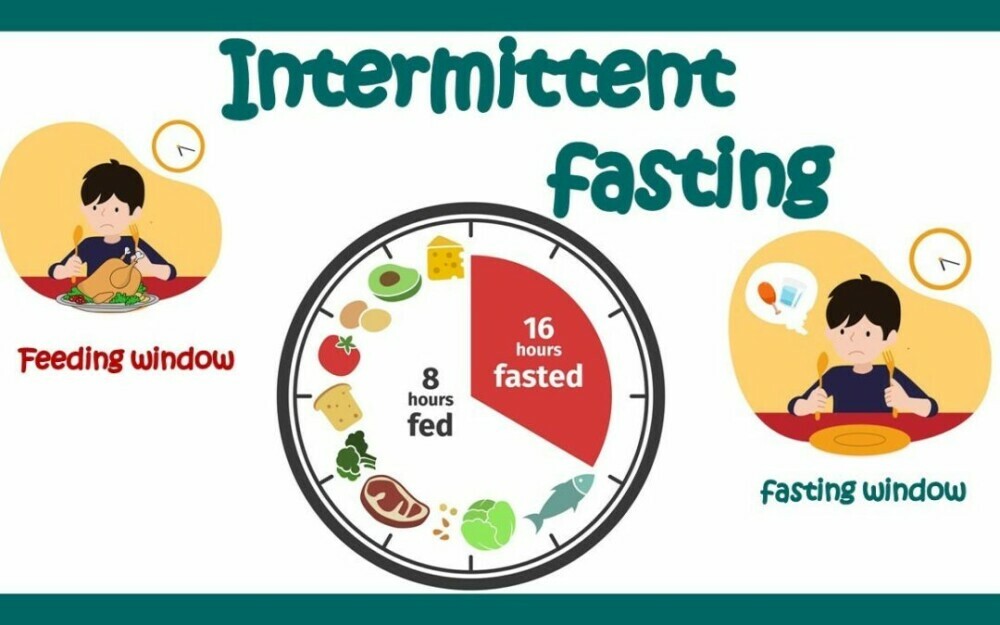
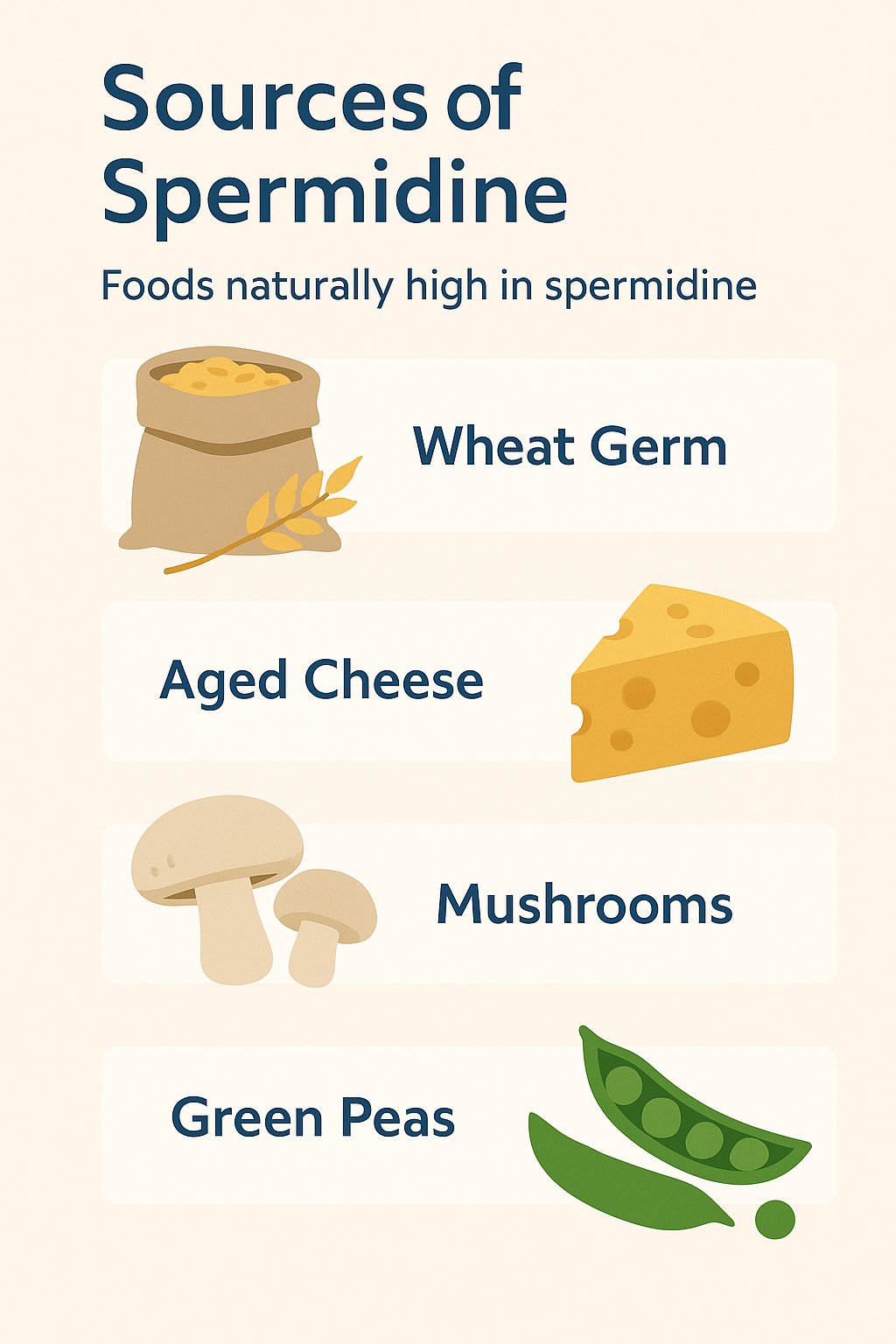



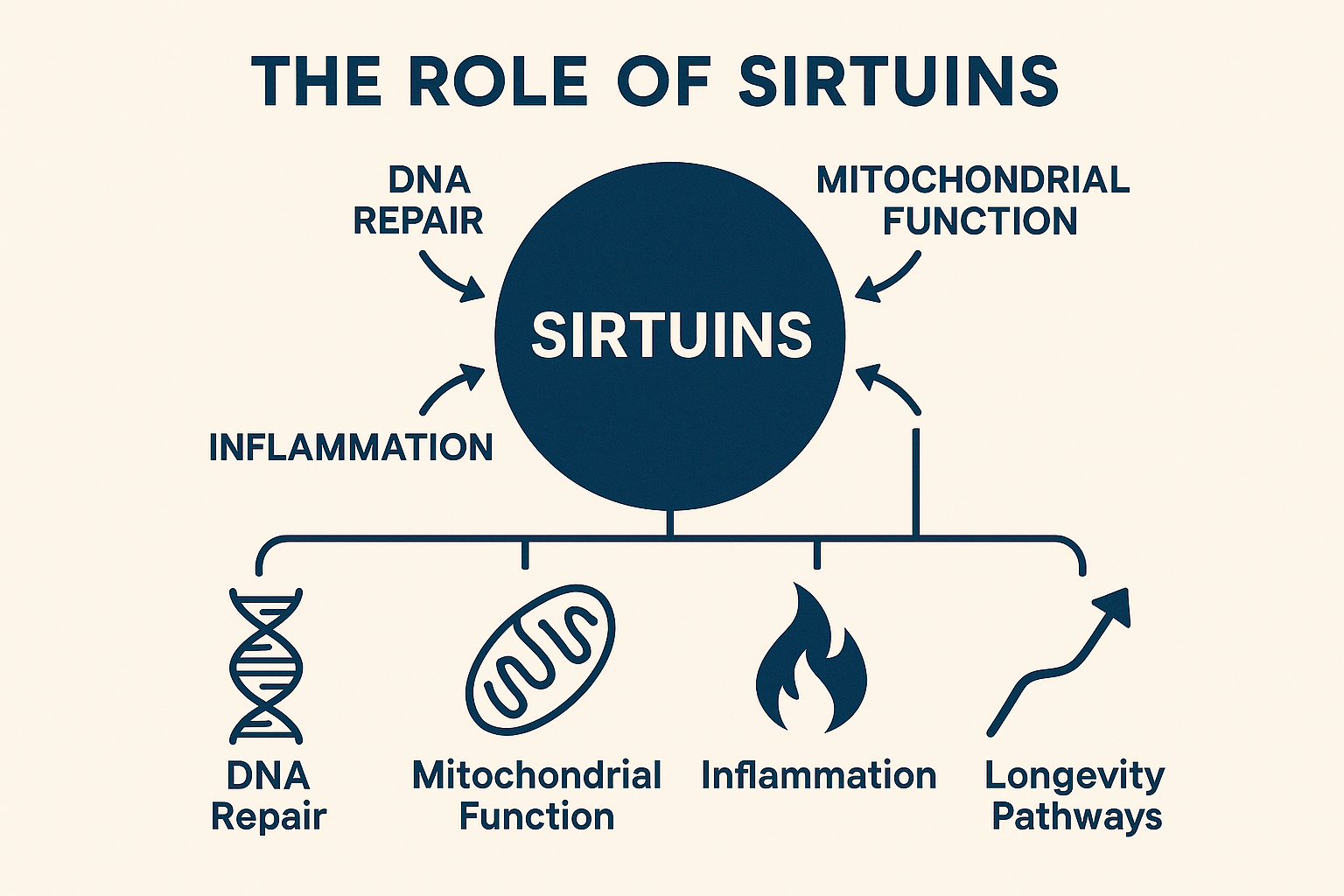
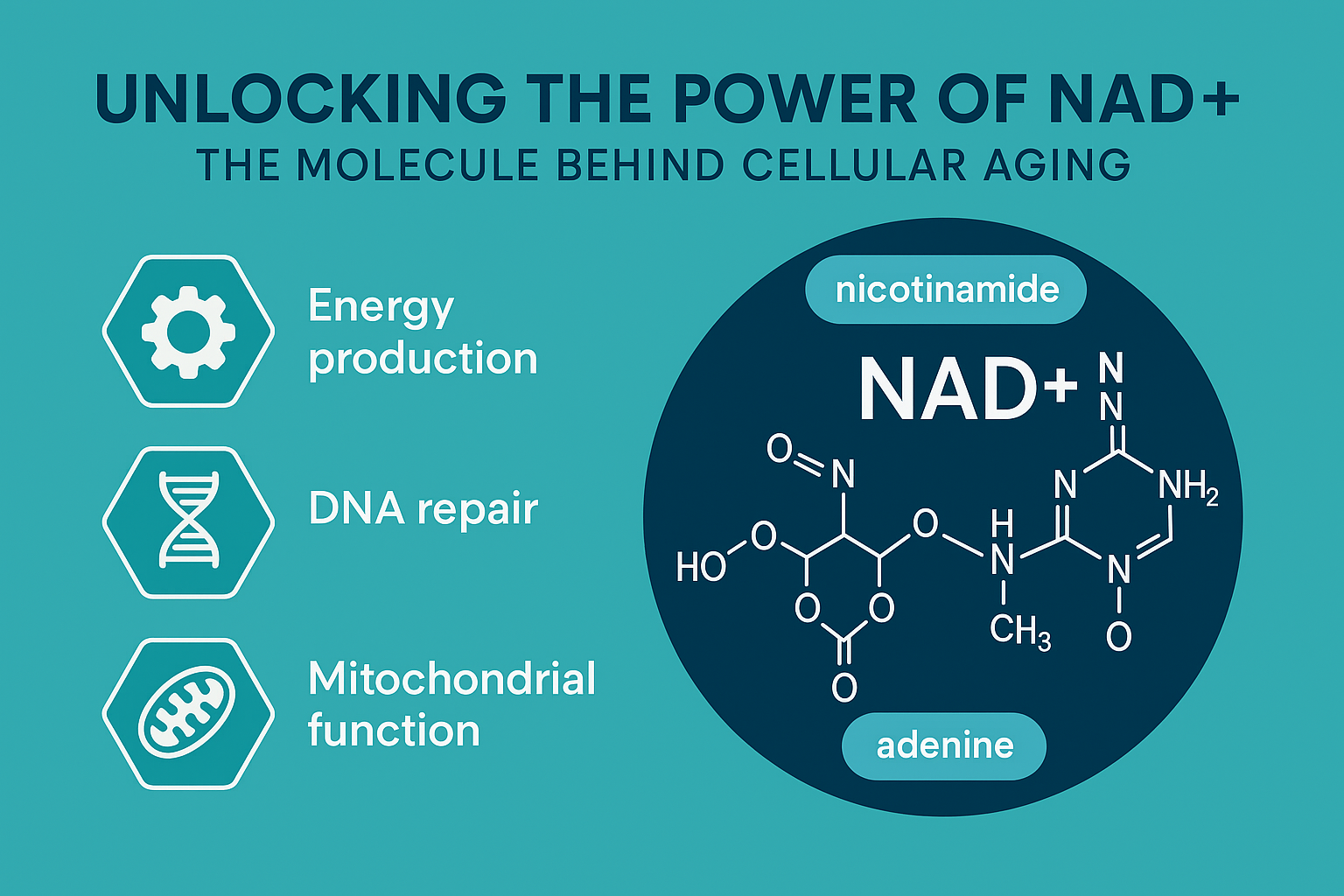


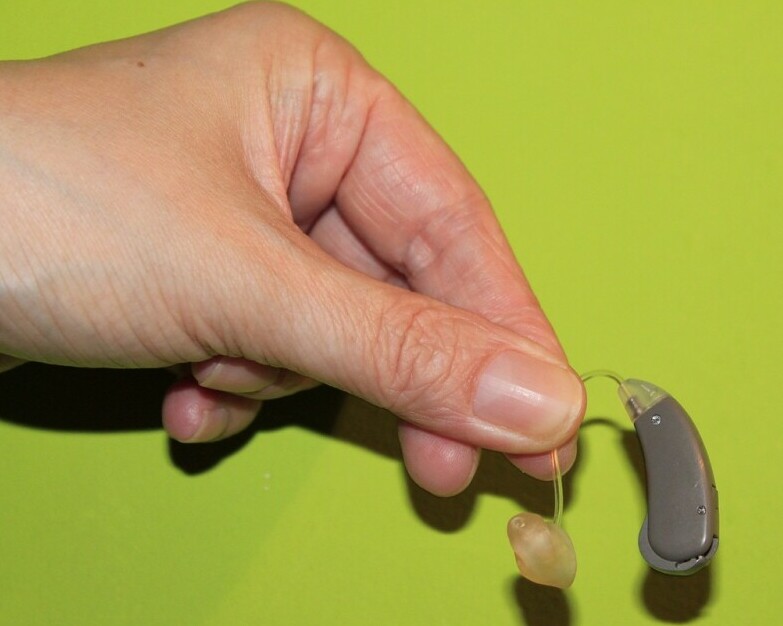

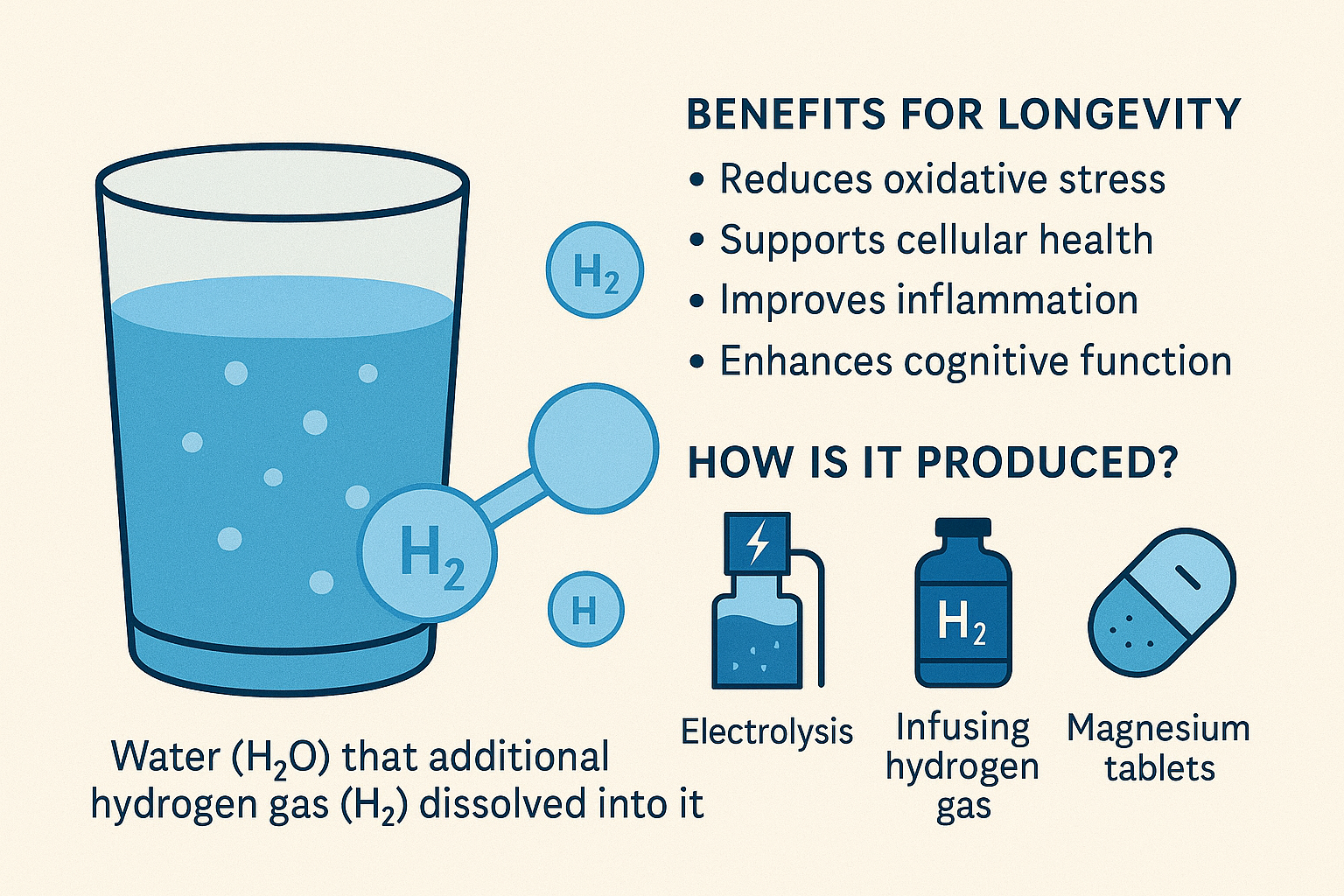
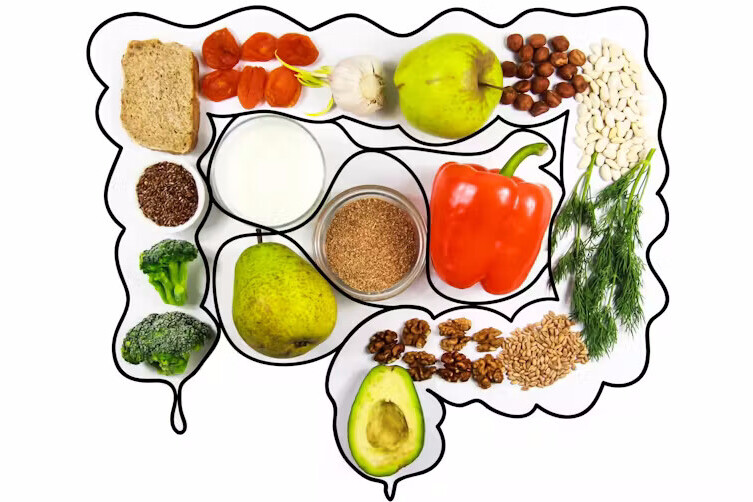
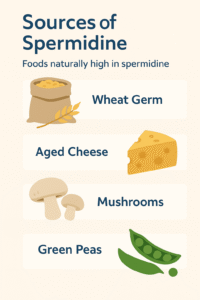

2 thoughts on “The Role Of Fasting In Reducing Age-Related Diseases”
You made some really good points on your post. Definitely worth bookmarking for revisiting. Also, visit my website Webemail24 for content about Social Media Marketing.
Appreciate your feedback. There are several videos on my Youtube channel covering different aspects of this topic.